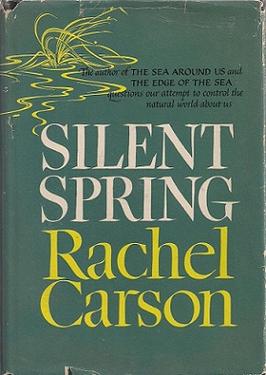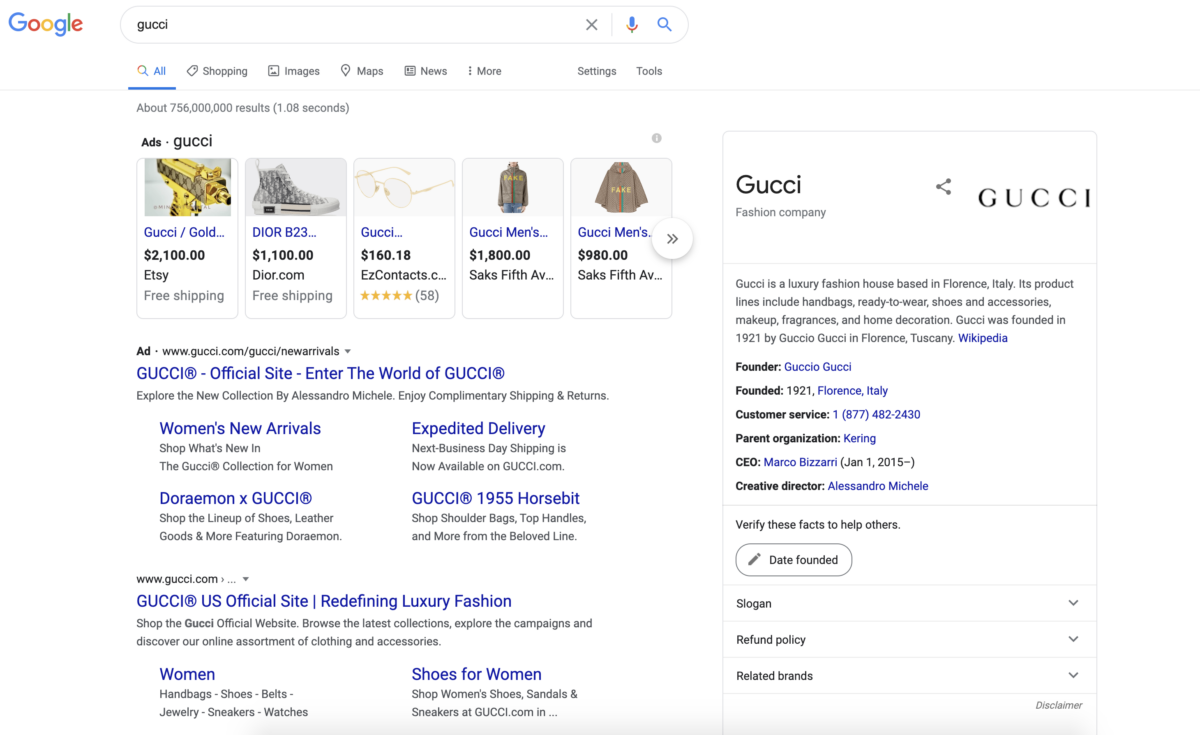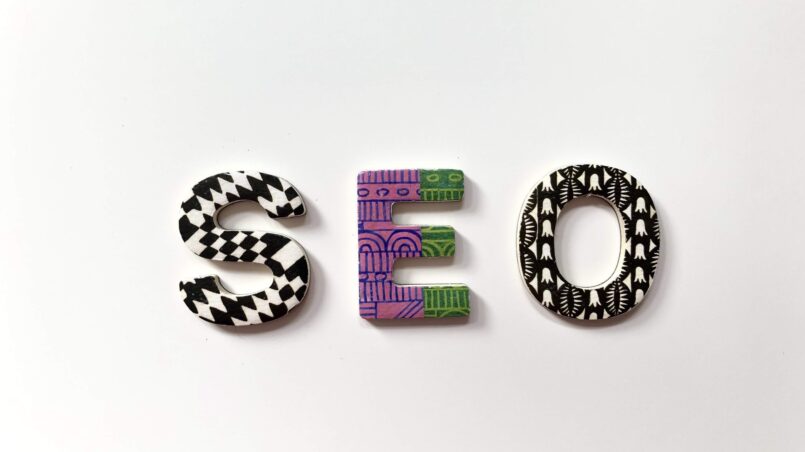Part 1- Basics
SEO (Search Engine Optimization)
Whenever you start a new website and want to generate traffic (website visitors), there will be a lot of marketing and web related terms thrown at you to help. However, the one that tends to rank at the top is SEO (search engine optimization).
I found that the definitions of SEO online are a bit robotic and I wanted to know why.
After paying close attention to websites that do a lot of business online such as an e-commerce platforms, I also found that the writing was quite specific and calculated. It may have been written by a human, but less creative.
To find out, I did some research and background on SEO. Below are some of the answers.
Internet & Search Engines
To fully understand SEO we have understand what the internet is, and how users utilize search engines to navigate through it to find things.
Internet Definition- The internet or interconnected network is a global network that connects communication systems such as computers across the world. It has also been dubbed the “information superhighway” or World Wide Web. This is because it has endless webpages all hosted on the internet giving access to information to any user.

While the internet helped to connect the world together through the sharing of information, search engines helped make it easier for users to gain answers to critically important searches such as: “top sushi restaurants in my area.”
Here is where SEO comes in and begs to ask the “tree fall in the forest” question.
If you can’t be found by an internet search engine, does your website really exist?
The answer may be yes to you, but no to most of the internet.
This is why it is so critical for your website to optimize their ability to be found on websites by using search engine optimization. To understand why you have to first understand how search engines work.
How Search Engines Work
According to Moz, search engines work by crawling, indexing, and ranking webpages to provide the most relevant website results.
Basically search engines crawl- searching the internet for content- looking specifically at page codes for each URL (Uniform Resource Locator) it finds.
Then they index the information they find in the crawling process. If a page is indexed, it has the opportunity to show up on a search engine. Like if a book is in a library, you, as the visitor, have a chance to find it.
Next, search engines rank the results, by ordering them on their search page based on relevance.
Using Google, which has 75% of the world’s search engine market share, you probably are very used to finding the right answers quickly because it is very good at offering them to you in the top search results. Being on the first page of a search engine is critical because many users don’t go past the first page. More often than not, they only look at the top three or top five results.
That’s where SEO comes in!
SEO is the practice of increasing the quality and quantity of traffic to a website through organic search engine results.
Organic?
Yes Organic.
No, not the produce choice of everyone who’s read Rachel Carson’s Silent Spring.

Organic traffic on the internet is visitors that a site didn’t pay for. The internet, and search engines, such as Google, have paid ads that help direct users to sites inorganically or through paid search results.
A simple Google search of Gucci shows ads at the top from Etsy, Dior, Saks, and Gucci itself.

Below the ads section, is the organic results. As you can see, Gucci’s website ranks first in the organic results when you type in Gucci into Google.
Keywords
Because Google and other search engines aren’t human, they must be told how to rank the search results. Therefore, people who add content to websites add specific information to help search engines understand what is on the page. This helps the search engine know how to accurately provide the best results for the user. If the page is popular and answers the searcher’s needs, it will continue to be rewarded and if the search engine provided bad results it would be useless.
Therefore, it is critical for anyone who has a website, such as a blog, or an e-commerce site to constantly pay attention to and utilize SEO so people can find their website.

In order to do this properly, you must utilize high ranking keywords and keyword phrases on your topic.
According to Moz, “keywords are ideas and topics that define what your topic is about,” and, “from an SEO perspective, they’re the words and phrases that searchers enter into search engines.”
Keywords tell search engines about the content of your website. Therefore if your content matches and uses the right keywords, a search engine will rank it high, making it easier for users to find.
This is why the prose can feel robotic in nature. Once content writers and web-builders realize that there are high ranking keywords or keyword phrases on a topic, they will insert them into their prose to get a better ranking, even if it makes the writing feel less natural to the reader.

Part 2 will be about how to tell a search engine your website exists and how to utilize SEO to help a website gain more visitors.
All the best,
Ariel Knows Nothing


Hello, I enjoy reading all of your article. I like to write a litle comment to
support you.
Great beat ! I would like to apprentice while you amend your website, how could i subscribe for a blog web site? The account aided me a acceptable deal. I had been a little bit acquainted of this your broadcast offered bright clear concept